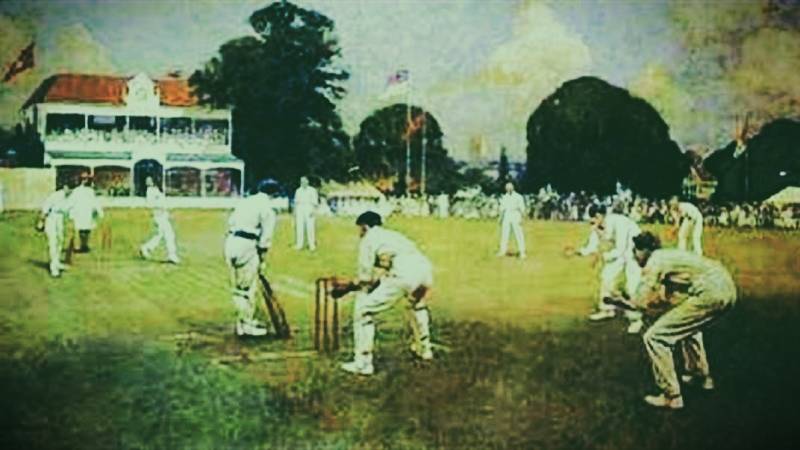
In recent weeks, following the conclusion of the Ashes and the Pakistan vs Sri Lanka series, it appears that the essence of the game, its dignity and quality, has diminished – as all we see is meaningless leagues, three or four of them happening at the same time throughout the world.
The irony lies in the fact that the allure of the game exists both in its traditional whites and in its coloured attire.
However much like Wimbledon, the esteemed Grand Slam, which is not only a spectacle but also a visual delight, the white symbolises elegance, charm and undoubted quality.
As we speak, the universe is gripped by an surge of T20 and T10 cricket, resulting in a disconnect among devoted cricket enthusiasts who mainly want to put their hearts and souls into gruelling bilateral cricket due its intensity and unmatched quality!
The overdose of limited-overs league cricket is akin to consuming steak daily – eventually, one grows tired of it.
Test cricket, on the other hand, resembles a sumptuous feast, rich in substance and a repast that can never harm the body.
My greatest concern at this juncture centres on striking a balance between bilateral cricket and the proliferation of leagues cropping up from every corner of the world.
Who's to say that in a decade, these leagues won't overshadow quality cricket? We could be compelled to watch leagues that lack the sophistication and intensity of bilateral cricket. An overdose of league cricket could be terminal for an ardent fan and the health of our sport at large!
As we speak, leagues are unfolding in Sri Lanka, Canada and the US – while the "100" competition is underway in England.
Which one should you tune into? Where's the vigour and quality? What happened to those fierce battles, with players giving their all for their nation?
I fear that with time, this uncontrollable trend will spiral further, with more non-serious cricket in the mix. It's akin to choosing between coquettes and lovers. Love or fleeting encounters?
The International Cricket Council (ICC) seems to have faltered in managing this situation. They urgently need to formulate a policy that enables international cricket and leagues to coexist, securing the game's future.
One straightforward solution could be to allocate six months for test and bilateral cricket, and the other half for leagues. Alternatively, each test-playing nation could have a distinct test team, exclusively dedicated to the five-day format throughout the year. They should be well-compensated professionals committed solely to this longer version.
Similarly, a separate T20 team could participate in leagues at will. This approach grants viewers the freedom to watch their preferred brand of cricket, while players can align with their chosen format.
The key lies in prohibiting crossovers and offering substantial incentives for test cricketers to counter temptation.
The ICC must make swift decisions and realise that cricket isn't football. And so, it cannot embody the football model. They need to establish a clear vision for the future, emphasising that the pinnacle of the game still remains test and bilateral cricket.
Preserving this holy grail is imperative.

